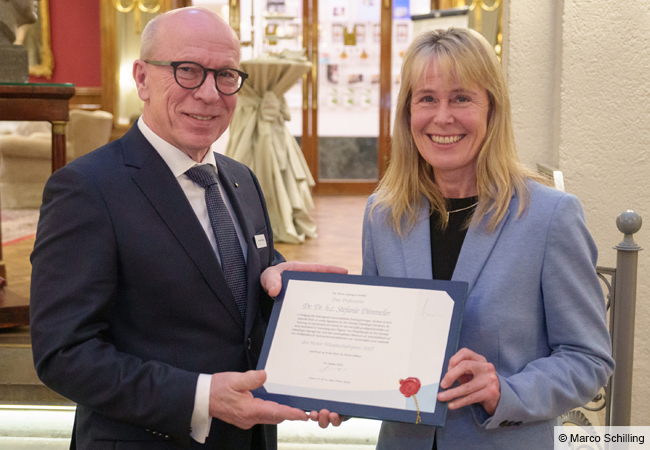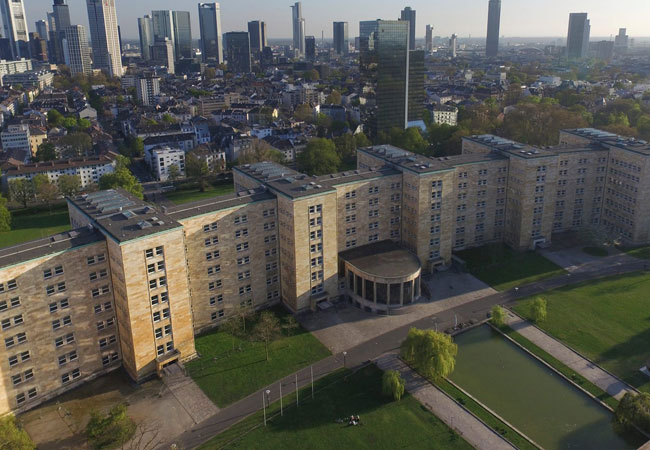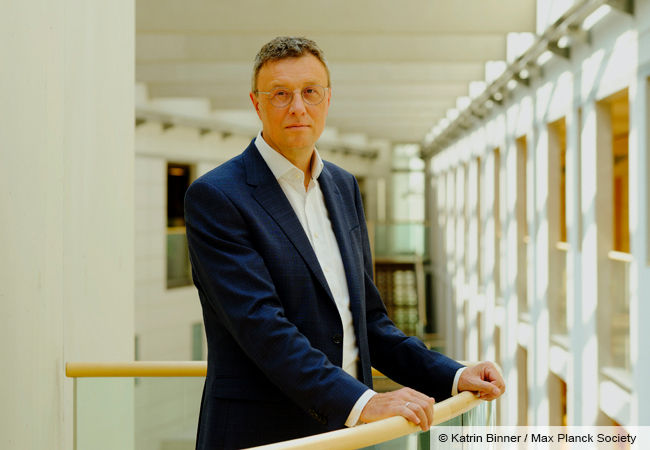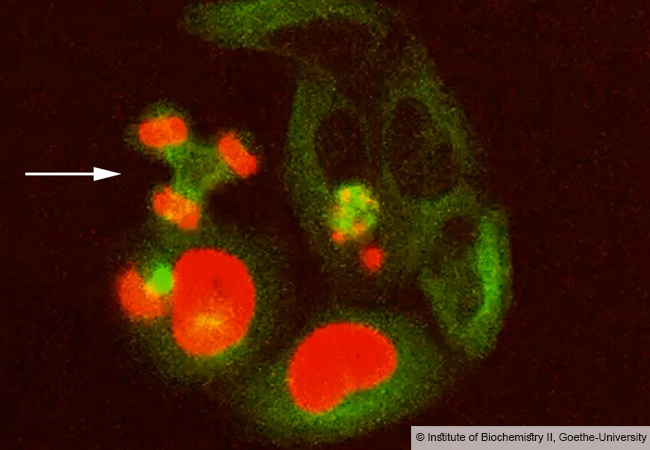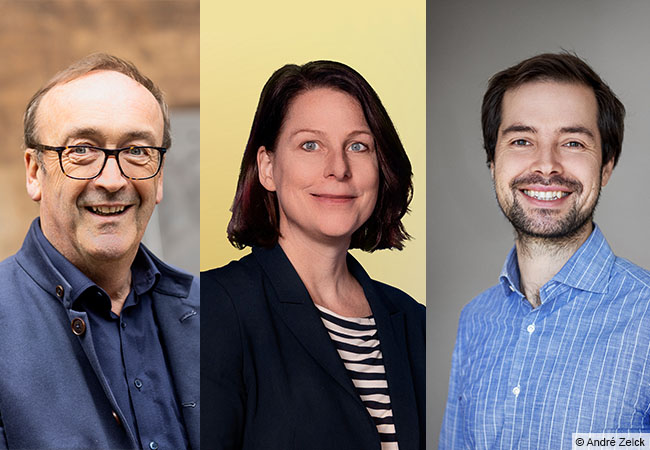With the establishment of the new „Center for Critical Computational Studies“ (C3S for short), Goethe University Frankfurt is taking a significant step towards the advancement of computational, data and algorithm-based methods. C3S launches a future-oriented research, teaching and transfer environment that allows for system understandings to be deepened across domains, while at the same time sustainably and justifiably shaping the (post-)digital transformation. C3S will breathe new life into the former Biocampus on Frankfurt’s Siesmayerstrasse.
„Critical Computational Studies“ is a pioneering research field aimed at founding, developing, and applying computational – i.e. computer-, algorithm- and data-based – methods, while considering the interactions between computational advances on one hand, and humans, society and technology on the other. By interweaving the computational and the critical, one of Goethe University’s goals is to understand the opportunities and challenges of (post-)digital transformations – and to actively shape them. The newly created center takes on a leading role in this.
Commenting on C3S’ establishment, Goethe University President Prof. Dr. Enrico Schleiff says: „The plan I outlined in my presidential election campaign for a new ‚Center for Critical Computational Studies‘ to open up new paths into digitality is now being put into practice. The center underscores our commitment to cutting-edge research and methods development, and also serves as testimony of our accepting responsibility for shaping the (post-)digital age. To this end, we aim to significantly expand the development of effective computational methods and pave the way for the responsible use of such technologies. Not only will the center be a catalyst for innovative ideas and groundbreaking research, it will also serve both existing and future Goethe University colleagues. C3S also reflects our commitment to the sustainable use of existing buildings, as the center reactivates the former Biocampus on Siesmayerstrasse – a second key campaign promise for my term in office and a major achievement for Goethe University and the city of Frankfurt. I wish the center’s directors a lucky hand and foresight. After all, it is the first steps that are the most crucial.“
The founding team is made up of four members, who come from the fields of humanities, social sciences, life sciences and computer sciences. Their diverse backgrounds are not the only reflection of the center’s interdisciplinary and transdisciplinary aspirations. In the next two years, C3S will appoint twelve new professors. By cooperating closely with leading researchers from various faculties, the center will bundle a wide range of expertise while providing new impulses for Goethe University’s Profile Areas. The special support offered to Early Career Researchers will also strengthen C3S’ Principal Investigators.
In addition to research, the center is also active in teaching, study and transfer, imparting „Critical Computational Literacy“ not only to the university as a whole, but to society as well, thereby fostering the creative operation of promising computer technologies and at the same time propagating the necessary reflective competence for their ethical, social, political and economic implications.
C3S will move into the former Biocampus on Frankfurt’s Siesmayerstrasse once the historic space is renovated. Revitalizing this location will create inspiring contexts that will provide researchers with the space they need for research, teaching and transfer.
Commenting on the center’s significance and its initial activities, C3S’ founding spokesman Prof. Dr. Christoph Burchard says: „C3S is a unique opportunity – both for our university and the Rhine-Main region. I am very grateful for the trust placed in me as the center’s founding spokesperson. Together with the C3S Principal Investigators, we in the founding board will create the necessary structures to truly establish ‚Critical Computational Studies‘. I would like to add here that none of this would have been possible without the initiative and tireless commitment of Goethe University’s president. In drawing on all the important preparatory contributions, we are now setting priorities and integrating our activities into the university’s overall strategy. To this end, we are in close contact with the Cluster of Excellence initiatives and are actively seeking an intensive exchange with the Profile Areas and the faculties – all of which are key C3S partners. We have already initiated first research projects together with Goethe University colleagues, we are advancing ‚Critical Computational Studies‘ in teaching (by promoting ‚Critical Computational Literacy’), and are starting first transfer activities. At the same time, we have launched the processes to appoint twelve new professors to C3S. This is one of our main goals right now.“
Information on the center’s research priorities and initiatives can be found on its website: www.c3s-frankfurt.de.


